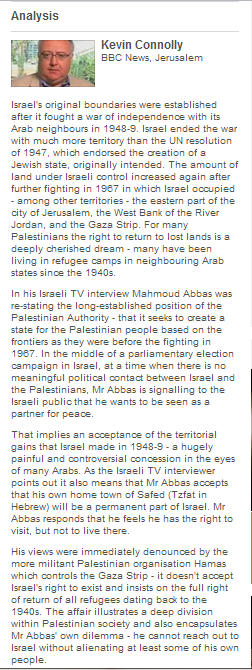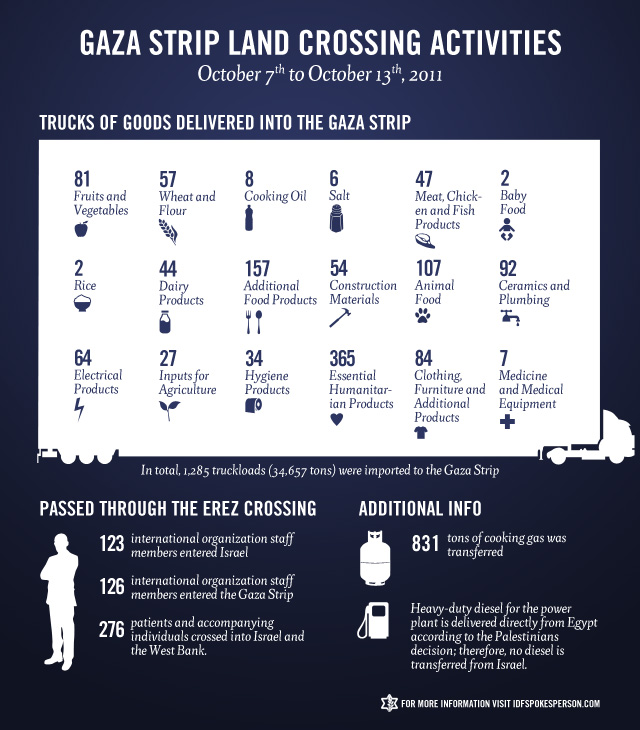Those who get their news from the mainstream media (or the Guardian) could be forgiven for believing that there are nearly 5 million Palestinian refugees from the 1948-49 Arab-Israeli War.
So often is that figure bandied around that most don’t understand that it only reflects the number of Palestinians qualifying for “refugee” benefits under the bizarre formula of the United Nations Relief and Works Agency by which the children, grandchildren, and great-grandchildren (ad infinitum) of actual refugees continue to inherit this status. This designation is even bestowed upon those Palestinians who are already citizens of other countries.

(Using such demographic calculus, one could argue that – based on the number of Israelis whose ancestors fled Europe during the Holocaust, or fled Arab countries due to antisemitic persecution – the majority of Israeli citizens are “refugees”.)
Indeed, the number of actual Palestinian refugees from the Arab-Israeli War, out of the initial 750,000 or so after the war, is estimated to be closer to 30,000.
This data is important to remember as we follow media reports on recently renewed negotiations between Israel and the Palestinians – specifically the issue of how to deal with Palestinian demands that some or all of the “refugees” be allowed to “return” to Israel.
Unsurprisingly, Harriet Sherwood’s two recent reports on negotiations in Washington both included passages with characteristically misleading information on the issue.
A July 29th story by Sherwood titled ‘Middle East peace talks rebooted as Netanyahu and Abbas mull legacies‘ included the following:
the issue of borders is relatively simple compared with what seem to be unbridgeable gaps concerning Jerusalem, which both sides want as a capital, but whose division or sharing is adamantly rejected by Israel, and the matter of whether at least some of the 4.9 million Palestinian refugees in the West Bank, Gaza, East Jerusalem and the diaspora will be allowed to return to their pre-1948 homes, as the Palestinians insist.
Additionally, her July 30th report, ‘Middle East Peace Talks Under Way‘, included this:
Other, even more difficult, issues – such as the future of Jerusalem, which both sides want as a capital, and whether any of the 4.9m Palestinian refugees can return to their former homes, now in Israel – would have to be addressed over the coming months.
Of course, both passages would leave the average reader with the false impression that there are 4.9 million Palestinians who had homes in Israel, when, in reality, the overwhelming majority of them were obviously born after 1949 and never set one foot within the boundaries of the Jewish state.
Whatever the outcome of current negotiations between the two parties, and regardless of any diplomatic comprises proposed by either side to achieve a symbolic settlement of the “refugee” issue, Israel naturally won’t let Palestinian Arabs “return” to homes that they never actually owned, in cities where they never once lived.
Finally, it’s interesting to note that the Guardian has, on two recent occasions, completely whitewashed the historically undisputed ethnic cleansing of Jews by Arab rulers in the years following the 1948 war, yet parrots a Palestinian narrative falsely imputing such a victim status onto millions of Palestinians who never during the course of their lives were actual refugees.
The Guardian narrative is at times as ahistorical as it is ideological.
Related articles
- The Guardian AGAIN whitewashes the ethnic cleansing of Jews (cifwatch.com)
- BBC’s ‘Obstacles to Peace’: wrong on right of return – Part 1 (bbcwatch.org)
- A deception called UNRWA (cifwatch.com)



